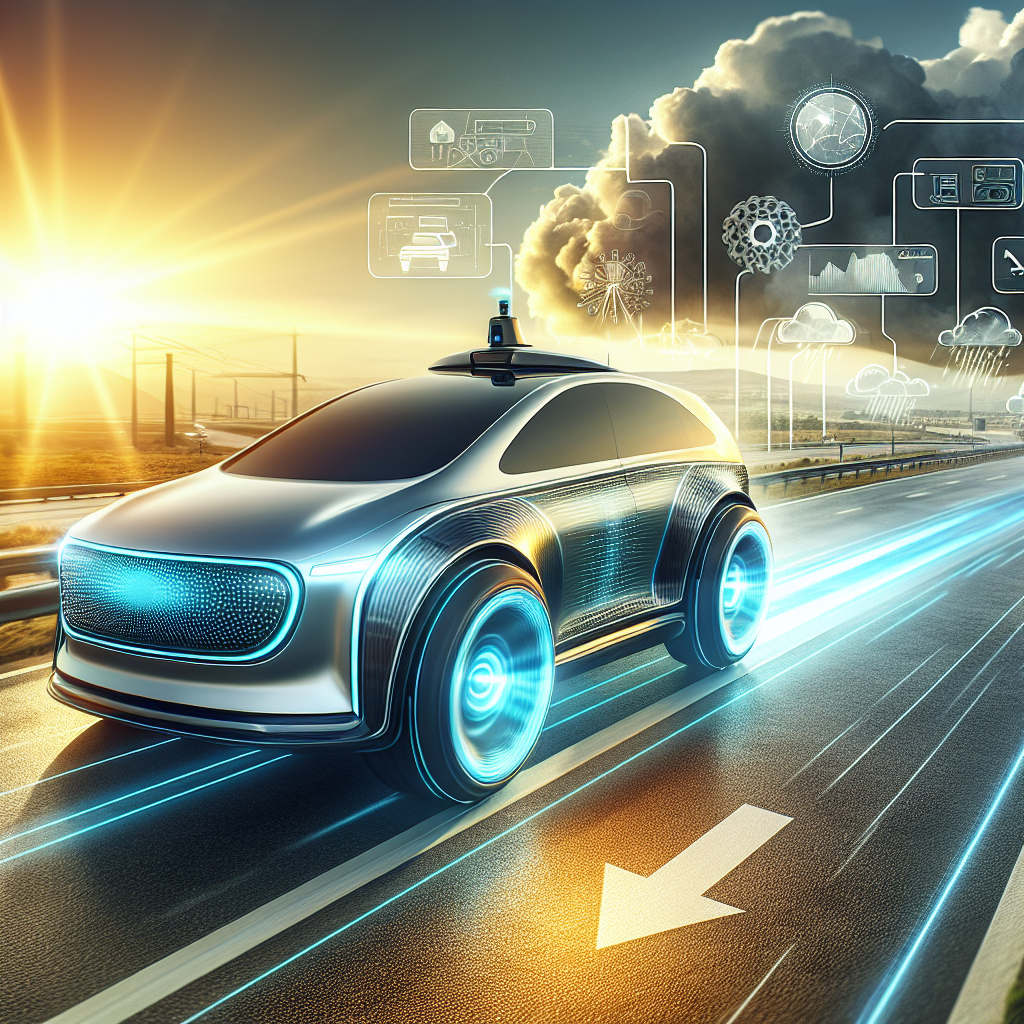Autonomous vehicles, also known as self-driving cars, have been a topic of much discussion and excitement in recent years. These vehicles have the potential to revolutionize the way we travel, making transportation safer, more efficient, and more convenient. However, as with any new technology, there are both benefits and challenges associated with autonomous vehicles.
One of the key benefits of autonomous vehicles is the potential to reduce traffic accidents and fatalities. According to the World Health Organization, road traffic accidents are one of the leading causes of death worldwide, with over 1.35 million people dying each year. Autonomous vehicles have the potential to greatly reduce these numbers by eliminating human error, which is responsible for the majority of accidents.
In addition to improving safety, autonomous vehicles also have the potential to make transportation more efficient. Self-driving cars can communicate with each other and with traffic infrastructure, allowing for smoother traffic flow and reduced congestion. This could lead to shorter travel times, lower fuel consumption, and reduced emissions, helping to combat climate change.
Autonomous vehicles also have the potential to revolutionize mobility for individuals who are unable to drive themselves, such as the elderly, disabled, or visually impaired. These individuals would no longer be reliant on public transportation or expensive ride-sharing services, as they could simply summon a self-driving car to take them where they need to go.
However, despite these benefits, there are also several challenges that must be addressed before autonomous vehicles can become a widespread reality. One of the biggest challenges is ensuring the safety and reliability of self-driving cars. While autonomous vehicles have the potential to reduce accidents, there have been several high-profile incidents involving self-driving cars, raising concerns about their safety.
Another challenge is the regulatory and legal framework surrounding autonomous vehicles. Currently, there is a patchwork of regulations governing self-driving cars, with different states and countries having different rules and standards. This lack of consistency makes it difficult for companies to develop and deploy autonomous vehicles on a large scale.
Finally, there are also ethical and societal challenges associated with autonomous vehicles. For example, who is responsible in the event of an accident involving a self-driving car? How should autonomous vehicles be programmed to make decisions in potentially life-threatening situations? These are complex questions that must be addressed before autonomous vehicles can become mainstream.
In conclusion, autonomous vehicles have the potential to revolutionize transportation and improve safety, efficiency, and mobility for individuals around the world. However, there are also challenges that must be overcome before self-driving cars can become a widespread reality. By addressing these challenges and working together to develop safe and reliable autonomous vehicles, we can unlock the full potential of this exciting technology.


Leave a Reply